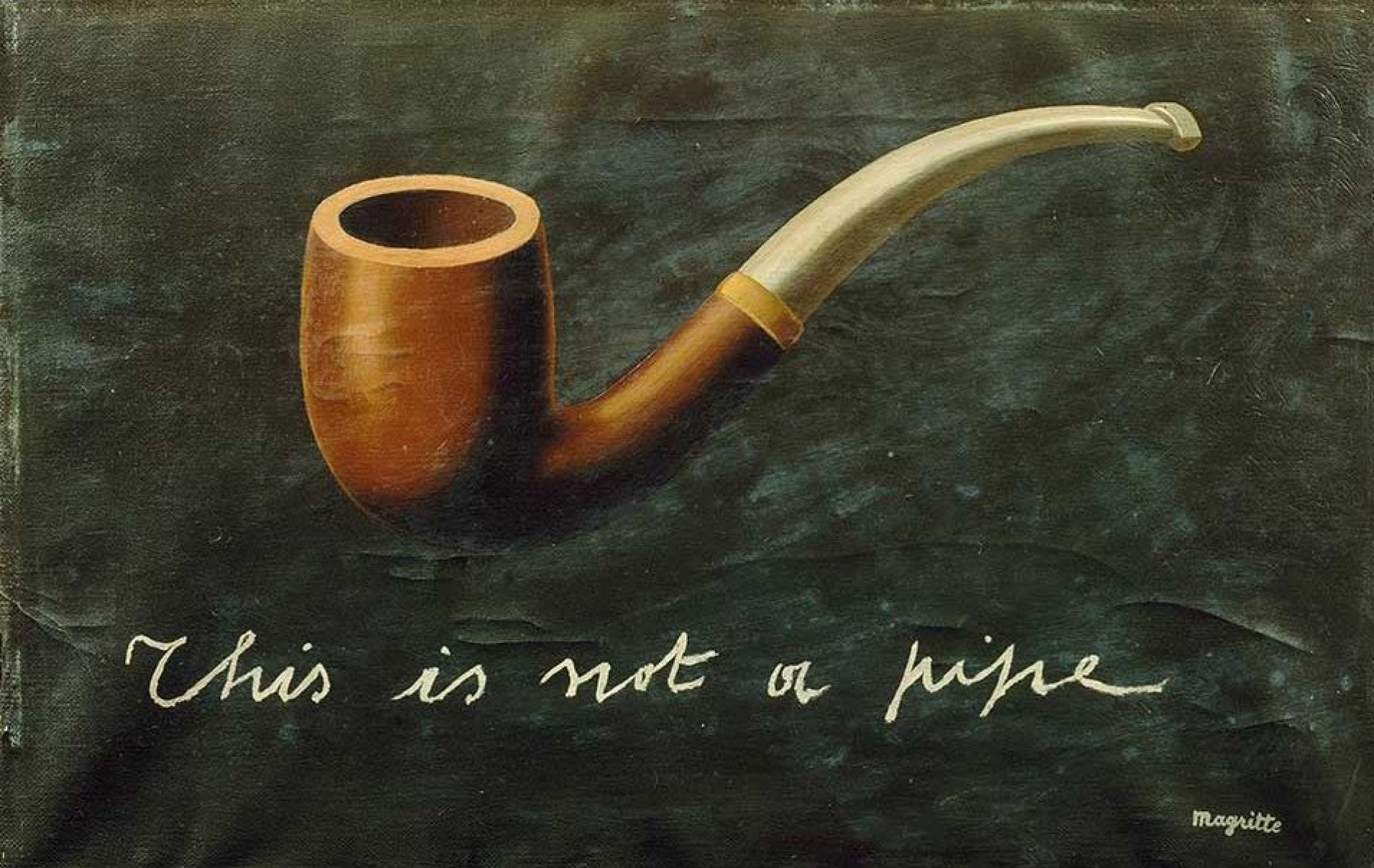
Name creation or the art of projection
A good name creation is not only dependent on the quality of the proposals, it also relies on the ability of the decision maker to choose the word with the potential to become a brand. To do this, one has to be visionary, daring and let their imagination take over. That’s not something everyone can do. In this article, I will quote four of my clients who, in my opinion, have succeeded in projecting themselves. They don’t regret it. Their brand name has allowed them to grow their business beyond expectations.
Orange, one of the pioneers
The year is 1994. The semantic field of telephony is saturated with brand names containing the radical “com”: France Telecom, British Telecom, Deutsche Telecom, Belgacom, Telecom Italia… Shrugging off the competition and following his instinct, entrepreneur Hans Roger Snook creates a new cell phone brand. He called it Orange. At the time, people laughed and didn’t think much of the name.
Hans Roger Snook describes the word Orange as a way to convey values of optimism and energy. The word should not be taken at face value, he explains, and time should be allowed to de-semantize (lose its original meaning) the word so that it becomes a brand. Few observers have caught on to this. In 2000, when I asked participants in a brainstorming to tell me what the colour orange meant to them, the majority said citrus. If I did the same test today, they would all exclaim “the cell phone company.”
Snook had projected himself. Snook won.
The four practical cases below illustrate the importance of thinking ahead when creating a name. The key to good brand creation is to imagine what a word can become in the long term.
They got life for Perpète
Nathalie Parmentier and Sandra Héteau are two entrepreneurs from the clothing industry. They set out to create a brand of clothing for 0-6 years old with zero planned obsolescence. Long-lasting clothing was one of their promises. When I suggested Perpète (slang word meaning “for ever” in French) to them, they knew there was a negative ring to it, that it could mean “life in prison”. But they succeeded in projecting themselves and recognizing the value of a word that has childlike sounds (poppet, crumpet…) and is easy to remember. Besides, when a baby is born, are we not told that it’s like a life sentence?
5:10 pm, the hour of the brave
Amélie Delacour and Caroline Rey set out to create a brand of women’s suits on their way to a meeting as they deplored how difficult it was for a woman to fill her wardrobe. Their suits would fit all outings, professional or personal. 5:10 pm expressed this versatility well. To their credit, they saw that a timeframe could become a brand. Above all, they understood the value of the name in terms of branding and communication.
Napaqaro, shaking up the restaurant industry
The mission was clear: to create the new brand name of the Buffalo Grill Group by dusting off the catering sector. The situation was ideal: Jocelyn Olive and Pierre Lourties were open to something different. Mind you, difference and relevance have to go hand in hand. If Napaqaro works, it’s because it uses the codes of popular French gastronomy (checkered tablecloths) reminiscent of one of their brands Courtepaille, and because the spelling gives it a Native American feel reminiscent of Buffalo Grill, the group’s other brand. The name was a major hit and the number of franchisees increased. The decision-makers were right.
A well-deserved Punition
At first glance, Punition (punishment) is not the ideal name for a beer. Such is the art of projecting oneself: understanding that with time, a word can become something else and take on a wider meaning. With the signature “you deserve it”, the name Punition is flavoured with humour and loses its anxiety-inducing nature. Here again Gregory Debuigne and Anthony Dubroc saw that a name can be remodelled with the appropriate visual universe.
The best brand names were chosen by decision-makers and entrepreneurs who knew how to project themselves and overcome their biases and prejudices. It takes a free spirit to not be influenced by the zeitgeist and see the true potential of a word. This state of mind, this way of looking at the world, is best summed up by playwright Alejandro Jodorowsky: “Birds born in a cage think flying is an illness”.
https://www.linkedin.com/pulse/name-creation-art-projection-olivier-auroy/